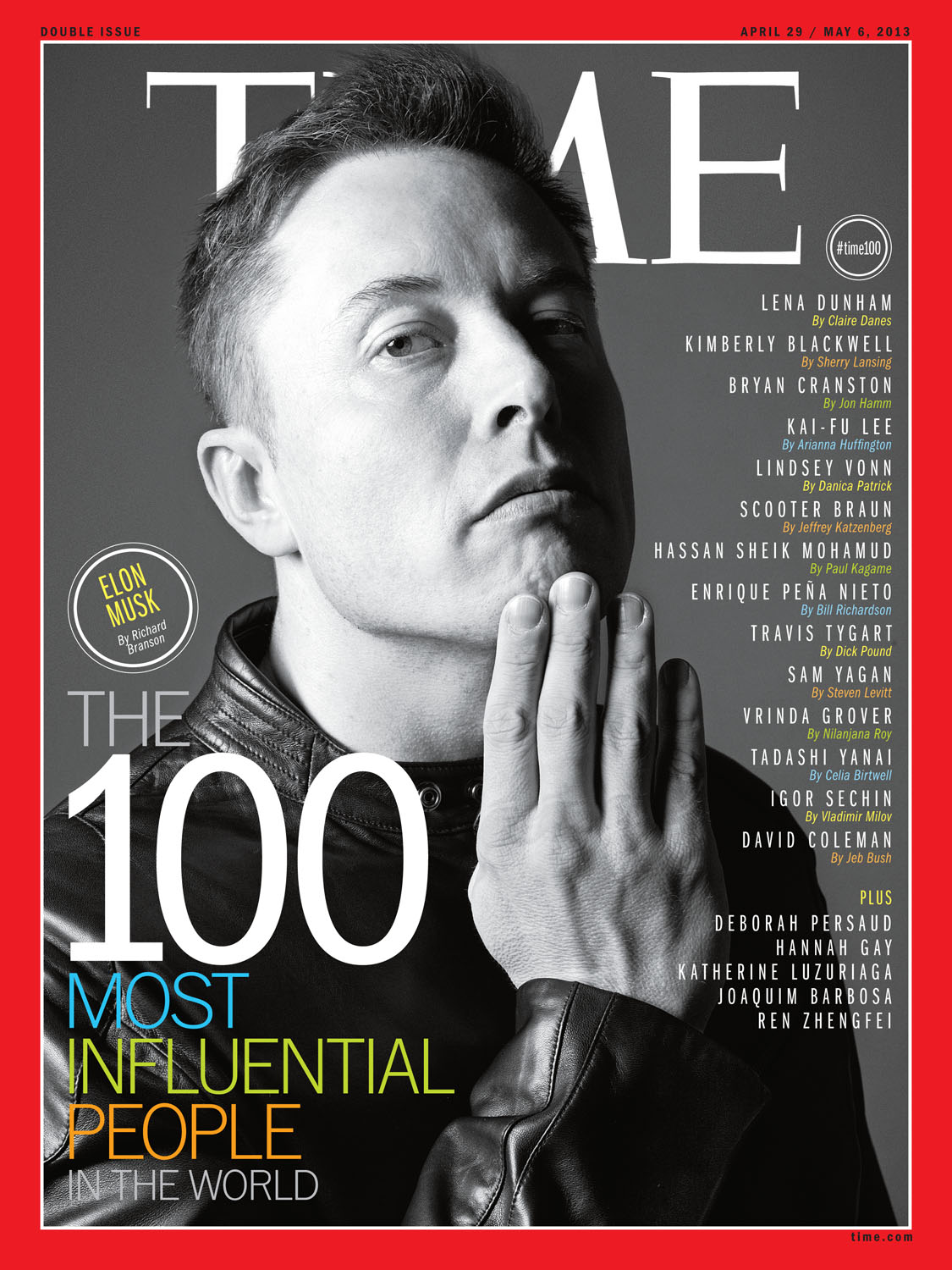8 Scientists Named to TIME's 100 Influential People List

Several scientists made TIME Magazine's list of the 100 most influential people in the world for 2013.
Included on TIME's list are spaceflight entrepreneur Elon Musk; breast cancer researcher Kimberly Blackwell; asteroid hunter Don Yeomans; NASA Mars rover Curiosity's project managers; and the scientists who cured an HIV-positive baby.
Leaders in medicine
Kimberly Blackwell, 44, director of the breast cancer program at Duke Cancer Institute, made TIME's list for her work to develop treatments for this deadly disease. Blackwell's research focuses on a highly aggressive form in which cells produce too much of the protein HER2, which accounts for about one in five breast cancers, according to the Mayo Clinic. Blackwell's treatment approach, known as a "smart bomb," consists of an anticancer toxin that contains an antibody that can recognize the tumor, so healthy cells are not affected — meaning fewer side effects and better chances of survival. Film studio executive Sherry Lansing, who wrote the TIME piece about Blackwell, had a mother die of cancer. "The brilliant work of Kimberly and scientists like her gives us real hope that we may, at last, be turning the corner in the fight against cancer," Lansing wrote.
Three AIDS researchers — Hannah Gay, Katherine Luzuriaga and Deborah Persaud — earned kudos from TIME for curing a newborn baby of AIDS. Gay, a pediatrician at the University of Mississippi; Luzuriaga, an immunologist at the University of Massachusetts; and Persaud, a virologist at Johns Hopkins Children's Center, gave an HIV-positive baby HIV antiviral drugs within hours of its birth. Two-and-a-half years later, the child appears HIV-free, and does not require medication. Although this result represents only a single case, it "gives us more ammunition in the fight against HIV and AIDS," Mark Dybul, director of the Global Fund to Fight AIDS, TB and Malaria, wrote in TIME. The treatment offers hope for preventing AIDS in newborns, and possibly even adults — a recent study claims 14 other patients have been able to keep their HIV under control.
Space pioneers
Aerospace and astronomy featured prominently in this year's list, as stories of private rocket launches and meteorite impacts dominated the headlines. SpaceX founder and CEO Elon Musk, 41, appears on one of seven separate TIME covers and is listed in the "titans" category. TIME's tribute by business magnate Richard Branson hails Musk's achievements in private spaceflight (which include two successful unmanned missions to the International Space Station with SpaceX's Dragon capsule and Falcon 9 rocket). Musk, who also founded the companies Paypal, Tesla Motors and SolarCity, also gets a nod for his work in developing clean, renewable energy.
Sign up for the Live Science daily newsletter now
Get the world’s most fascinating discoveries delivered straight to your inbox.
NASA asteroid hunter Don Yeomans, 70, made the list in Time's "pioneers" category. Yeomens finds and tracks near-Earth objects, and "is one of the reasons we can all sleep a little better at night," according to former astronaut Rusty Schweickart, who founded the asteroid-hunting B612 Foundation and wrote about Yeomans for Time. Yeomans leads a team at NASA's Jet Propulsion Laboratory (JPL) that uses data collected by telescopes around the world to predict the trajectory of space rocks that could pose a threat to Earth years or decades from now. This threat was brought home earlier this year by the meteor explosion over Chelyablinsk, Russia, on Feb. 15, and the unrelated flyby of Asteroid 2012 DA14. Someday a stray rock might warrant a deflection campaign to spare humanity from the same fate as the dinosaurs, Schweickart wrote. [Top 10 Ways to Destroy Earth]
In light of the successful deployment of NASA's Mars rover Curiosity, TIME recognized the missions project managers Peter Theisinger and Richard Cook, of JPL. Theisinger, 67, and Cook, 47, orchestrated the harrowing task of sending an SUV-sized spacecraft to Mars and lowering it on cables to the Red Planet's surface, where it is currently exploring. Seven months after landing, the rover has already found evidence of past life on Mars, its primary mission goal. "We can't thank Pete, Richard and their team enough for getting [the rover] there safely, and we should continue to thank them for the wisdom and thrills the rover will bring us as it explores its new home," wrote Caltech space scientist and former JPL Director Ed Stone in TIME.
Follow Tanya Lewis on Twitter and Google+. Follow us @livescience, Facebook & Google+. Original article on Live Science.










